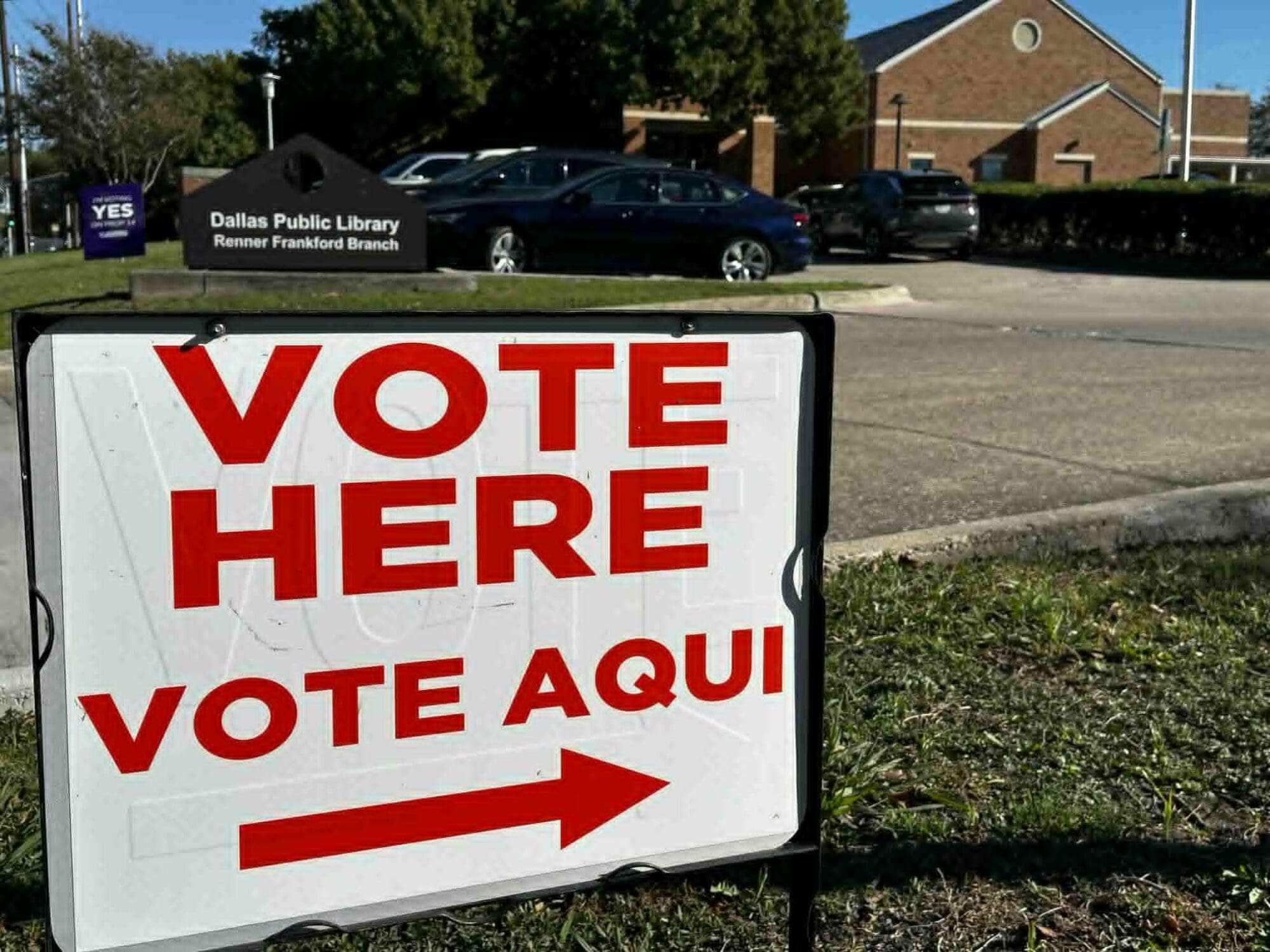In every session the Texas Legislature passes a supplemental budget to cover shortfalls from the previous biennium. This session, the supplemental bill proposed by the Senate includes numerous expenditures out of the Economic Stabilization Fund to cover ongoing expenses.
According to a press release by Senate Finance Chair Jane Nelson (R-Flower Mound), “Senate Bill 500 provides $6 billion in state dollars to cover supplemental needs, including:
- More than $3 billion for Harvey-related expenses;
- $2.1 billion to address the Medicaid shortfall;
- $100 million for school safety;
- $300 million to continue the Legislature’s commitment to improve state hospital facilities;
- $542 million to address pension liabilities for the Teacher Retirement System and provide retired teacher’s a 13th check up to $500;
- $211 million to pay obligations of the Texas Tomorrow Fund;
- $160 million to address the Correctional Managed Health Care shortfall; and
- $100 million to refill the Governor’s Disaster Fund to help rebuild from natural disasters.
Out of the $6 billion to be spent, $4.3 billion comes out of the Economic Stabilization Fund.”
Adding in SB 500, the current Fiscal Year 2018-2019 budget would bust the spending limit established by the Texas Conservative Budget Coalition.
To be clear, much of this supplemental budget is sound.
After Hurricane Harvey, the costliest storm in American history, it’s certainly reasonable that some of the “Rainy Day Fund” would be used to repair and rebuild the Gulf Coast.
It’s also standard practice, as SB 500 does, that the Texas Legislature appropriate general revenue and/or federal funds to shore up Medicaid through the end of the current biennium – a result of unexpected cost overruns realized since the last state budget was adopted in 2017.
However, many of these expenditures aren’t so meritorious and violate the standards conservatives have established for the use of the Economic Stabilization Fund—that it must be a one-time expenditure rather than an appropriation for an ongoing expense.
The reasoning is simple: If you operate your household budget at a deficit and decide to pay your car payment out of your savings account, you’ll eventually deplete it. The State of Texas is no different.
Yet that’s exactly what lawmakers are proposing with many of the items inside the supplemental budget, such as the $100 million for school safety, $300 million for state hospitals, $542 million for pension liabilities in the Teacher Retirement System, and $211 million in obligations to the Texas Tomorrow Fund.
All could (and should) be funded out of general revenue in the coming biennium, and in the case of the latter three items, ought to be accompanied by structural reforms to prevent problems from getting worse.
Such a change would be a positive step for taxpayers and something they could commend lawmakers for doing, but that isn’t the case with this legislation which is cash first and reform later.
Because Senate Bill 500 violates the confines of the Conservative Texas Budget and funds ongoing expenses out of the Economic Stabilization Fund it will be negatively rated on the Fiscal Responsibility Index.





